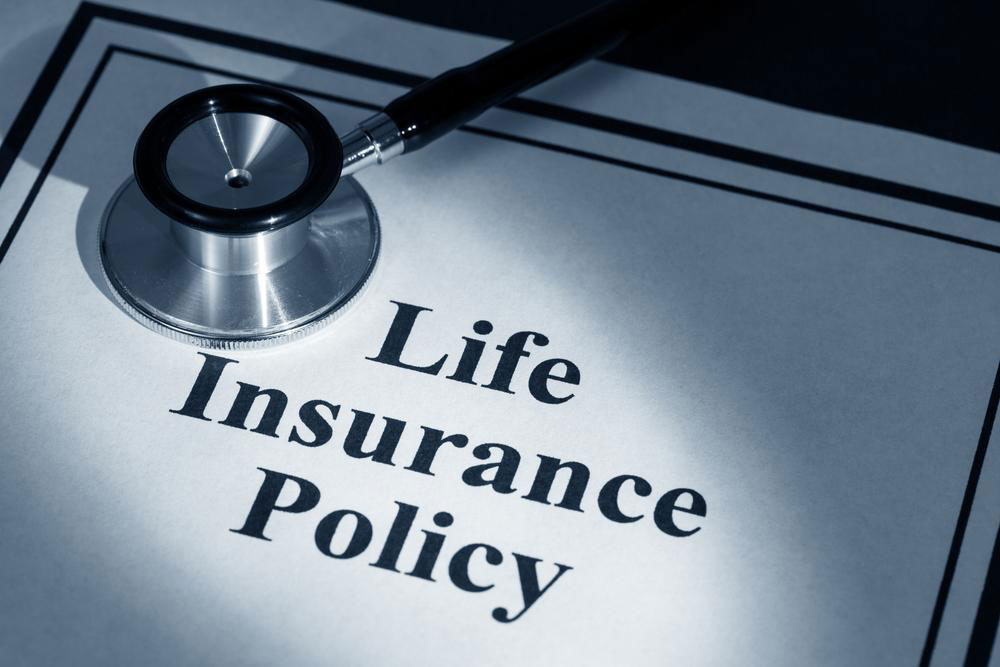Deciding Between Fixed Value and Actual Market Value Boat Insurance Coverage
This article explores the key differences between Fixed Value and Market Value boat insurance policies, highlighting their benefits and limitations. It guides boat owners in choosing the coverage that best suits their needs and budget, emphasizing the importance of understanding policy details and consulting professionals for optimal protection.

Understanding Fixed Value vs. Actual Market Value Insurance Options for Boats
When selecting insurance for your boat, it's important to understand the differences between Fixed Value and Actual Market Value policies. Each provides unique coverage features, benefits, and potential limitations. Here's an overview to help you identify the best choice for your boating needs.
Fixed Value Policy
This type of coverage guarantees a set payout amount agreed upon at purchase, covering total loss claims. For partial damages, settlements are often handled on a "new for old" basis.
Note that Fixed Value policies might not cover all types of accidents or repairs. Clarifying the scope of coverage with your insurer during claims is essential. Many boat owners prefer Fixed Value coverage for its predictability, as it ensures a specific payout amount. If approved, you receive the full declared value of your boat. Although premiums can be higher, this policy provides peace of mind with comprehensive protection. The application process is simple, making it a popular choice for those seeking certainty.
Market Value Policy
This policy bases payouts on the current market value of the boat at the time of loss, considering depreciation, age, and usage. Essentially, you receive the value of your boat at the moment of the claim. Because it reflects depreciation, owners might receive less than the replacement cost. However, it generally costs less and allows for faster, easier claim processing.
It’s crucial to compare both options carefully to determine which aligns best with your financial situation and coverage needs. Consulting an insurance professional can help you make an informed decision tailored to your circumstances.


